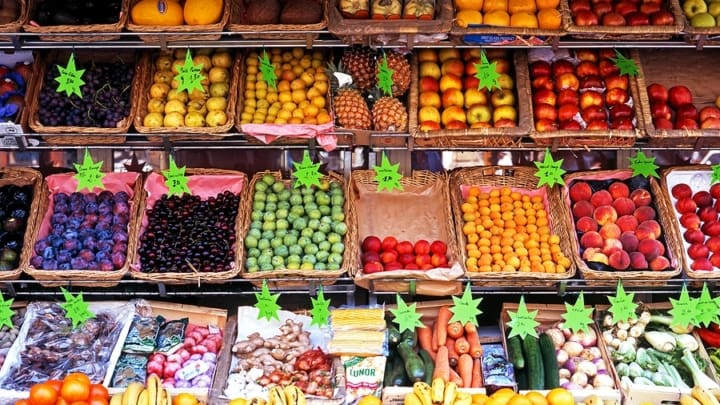
Speaking ahead of the introduction of the first stage of the Border Target Operating Model (BTOM), which will see checks put in place at the UK’s border with the EU, Nichola Mallon, Logistics UK’s head of trade, is seeking urgent clarification from government about exactly what will be required from business to ensure that trade can continue to flow smoothly.
“Logistics businesses have been pressing government for clarity on how border checks will be done on freight from the EU since the Brexit vote,” she said. “With only days until the first stage of the BTOM is to be introduced, why is the government providing conflicting and confusing information that will slow down the preparedness of the UK’s businesses to trade effectively with their EU suppliers.”
On 24 January, the Department for Environment, Food and Rural Affairs (DEFRA) stated that it was changing its classification of how fruit and vegetable imports will be handled after 31 October, meaning they will be subject to physical checks before being passed to cross the UK border.
Since then, the government has rowed back, stating that some fruit and vegetables from the EU are “temporarily being treated as low risk” and that “further information related to the categorisation of fruit and vegetables from the EU will be available shortly”.
No rationale has been provided for this reclassification of fresh produce or any further detail given. And as Ms Mallon continues, this confusion is preventing businesses from preparing effectively for the country’s new trading relationship with the EU.
“In selling the BTOM to industry, the government stated that 90% of all sanitary and phyto-sanitary (SPS) commodities – those of plant or animal origin – are low risk, meaning they wouldn’t require an Export Health Certificate, be subject to physical checks or hit with a higher import charge.
“This change in classification will add significant time and costs to this critical ‘just in time’ supply chain. Logistics businesses are already struggling with rising inflation, as they operate on particularly narrow margins. These increased costs can only add to inflation and at a time when food inflation remains high.
“Our members have kept the UK stocked with goods throughout the pandemic, and have worked tirelessly to prepare for a post-Brexit world. They should not be given conflicting information and kept in the dark until the eleventh hour.
“Our members deserve better from government. We are seeking urgent clarification on this issue and for decisions on all outstanding issues to be made public, including the import charge government will apply at its border control posts.”
Logistics UK is one of the UK’s leading business groups, representing logistics businesses which are vital to keeping the UK trading, and more than seven million people directly employed in the making, selling and moving of goods. With decarbonisation, Brexit, new technology and other disruptive forces driving change in the way goods move across borders and through the supply chain, logistics has never been more important to UK plc.
Logistics UK supports, shapes and stands up for safe and efficient logistics, and is the only business group which represents the whole industry, with members from the road, rail, sea and air industries, as well as the buyers of freight services such as retailers and manufacturers whose businesses depend on the efficient movement of goods.
Visit logistics.org.uk
